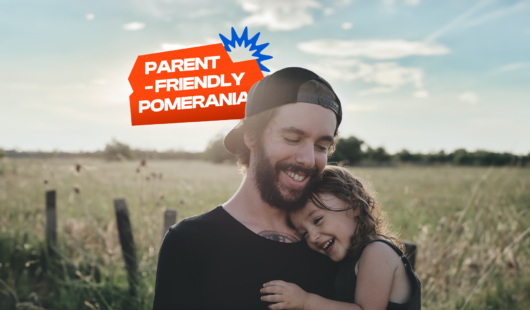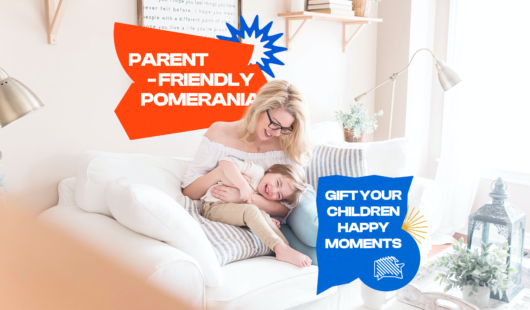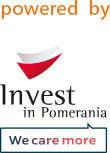Imagine yourself relaxing in your own garden, tasting vegetables and fruit you’ve grown yourself, occasionally planting flowers and weeding, trimming bushes, and most of all barbecuing with friends on the weekends. These are the dreams that can come true, not only for the happy owners of single-family houses. Did you know that as many as 10% of Polish society found their own piece of nature at the Family Allotment Gardens?
There are almost 5,000 places of this type in the entire country. Each ROD (short for Rodzinne Ogródki Działkowe) consists of several dozen or even several hundred agricultural and recreational plots. In total, they cover an area of nearly 44 thousand hectares – more than twice the size of Sopot! There are 225 Family Allotment Gardens in Pomerania, the most – 73 are located in Gdańsk.
How to become an Allotment Owner?
There are two ways to do this:
1. Lease from the board of ROD
Once you find our dream ROD location, you should find out if there are any vacant plots. This information can be obtained from the management of the given Garden. Usually, the contact to the ROD management board is posted on information boards at the entrance to the garden or on websites. Contact details of the PZD Districts can be found at: http://pzd.pl/oz-pzd.html
You can complete all formalities necessary to acquire the right to the plot in the management office of the Family Allotment Garden. Then a land lease agreement will be concluded.
Attention! ROD plots cannot be owned, lease is the only form of their ownership. If the ROD we are interested in does not have a free plot of land, we can subscribe to the waiting list.
2. Buying the right to the plot from another plotter
Search the local press, websites and notice boards at the entrances to the ROD. You will usually find many ads from gardeners who want to sell their rights to use the plot. If we found a plot “for sale”, a contract detailing the transfer of the rights to the plot should be signed by a public notary. However, the mere signing of the contract does not prove its effectiveness. The seller of the plot must submit an application to the ROD board for approval of the contract. Document templates (contracts and applications) can be found at: http://pzd.pl/wzory-dokumentow.html
Every allotment holder who wants to have a real impact on the functioning and management in his/her ROD should join the Polish Allotment Association. Template of the membership declaration is available at: http://pzd.pl/artykuly/21404/92/Wzor-deklaracji-czlonkowskiej.html
The PZD website is also in English. Direct link to the English version – http://pzd.pl/allotments.html
When you finally become a happy owner of your own piece of land, you will surely encounter many questions and doubts.
How to be good at being an allotment owner?
How often should I dig an onion? How to collect rainwater? Should you use bio simulators? What dishes can be made from spring weeds? You have probably more questions than answers at this stage. Fortunately, the magazine Działkowiec has been supporting RODers for 70 years. The answers to all the above questions can be found in just one issue! This magazine is a phenomenon on the Polish publishing market (and not only!). Despite the crisis of the printed press, Działkowiec invariably comes out with a circulation of 200,000 copies, and as much as 30% of the sales are subscriptions. This best proves the popularity of allotments in Poland.
No better time than July
In addition to the weekend sweet laziness and grilling, the beginning of summer is a busy period for allotment gardeners. The turn of June and July is the full season for fruit bushes: you can pick raspberries, wild strawberries, gooseberries and currants. The American blueberry is also starting to bear fruit.
In July, we also collect and dry herbs such as: oregano leaves, thyme, sage, tarragon, savoury and mint. Remember that herbs lose their aroma during the flowering period! It is also the last moment to sow biennial plants such as daisies, pansies, mallow, forget-me-nots and bearded carnations.
It’s also the time when the allotment greengrocers are slowly getting empty due to springtime greed. So it’s time to plant more vegetables! It can include: beetroots, seville onions, endives, beans, dill and fennel, lamb’s lettuce, turnips, radishes, stem lettuce, chives, spinach…
Anyone who has ever eaten hand-grown fruit and vegetables knows that their taste is absolutely unique and cannot be compared to bought products. Therefore, maybe this summer instead of Rhodes, it is worth thinking about the ROD?






